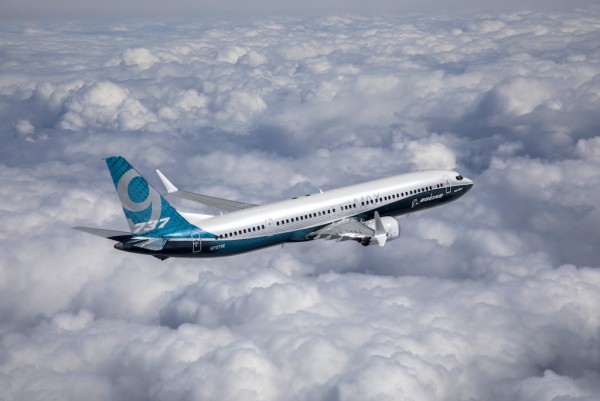The Federal Aviation Administration released multiple steps it plans to take to change how it reviews aircraft designs, a process that was criticized after two fatal crashes on Boeing Co.’s 737 Max.
The agency is planning on updating regulations to require better internal safety systems at planemakers, avoid “undue pressure” of manufacturers over employees designated by the FAA to aid in certification and is reexamining how it assumes pilots will react to failures, the agency said in a report to the Department of Transportation Tuesday.

The FAA said in a statement the blue-ribbon report had found its existing safety processes are generally sound, but they highlight areas where improvement is needed.
“The FAA will work with a variety of partners throughout the aviation industry and international regulatory community to complete this work,” the agency said.The agency outlined steps it plans to take in 10 areas, including how it delegates authority to companies like Boeing to approve their own designs. Other areas include better efforts to hire experts to oversee the aviation industry and trying to work with other nations to improve safety.
A total of 346 people died in two crashes. A Lion Air plane went down in the Java Sea shortly after takeoff from Jakarta on Oct. 29, 2018, and an Ethiopian Airlines jet crashed on March 10, 2019. In both cases, a system known as Maneuvering Characteristics Augmentation System was erroneously driving down the nose and the pilots failed to disable it.
One of the most controversial issues leading to the plane’s design was the long-standing practice of FAA to give companies such as Boeing authority to review their own designs. The early stages of the MCAS design on the 737 Max were reviewed by FAA, but the system was later expanded and that work was only approved by Boeing employees.
The blue-ribbon panel found that the delegation process was appropriate because FAA can’t possibly keep up with the industry’s needs with its relatively small staff. However, it said the process must be free from undue pressure by manufacturers.
In its report on Tuesday, the FAA said it plans to require more standardized risk assessments in the delegation process, “systemically address any actual undue pressure” and improve lines of communication between its employees and company engineers assessing designs.
The agency said it is approaching some of the recommendations cautiously, however, to avoid unintended consequences.
For example, both the blue-ribbon panel and the National Transportation Safety Board recommended that the FAA should take into account that pilots might not react to emergencies as expected.
The FAA said it’s working with other regulators around the world to examine its standards and trying to make sure assumptions about pilot reactions are accurate. At the same time, it cautioned against measures that would pressure manufacturers to build “a fully autonomous aircraft.”








